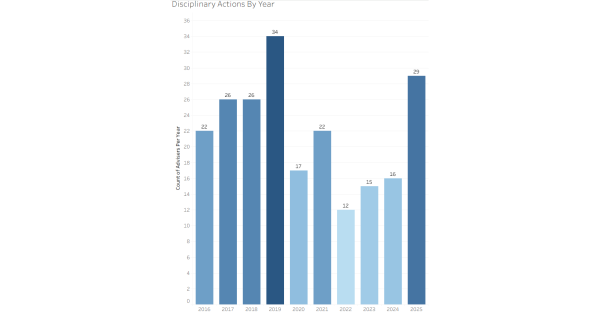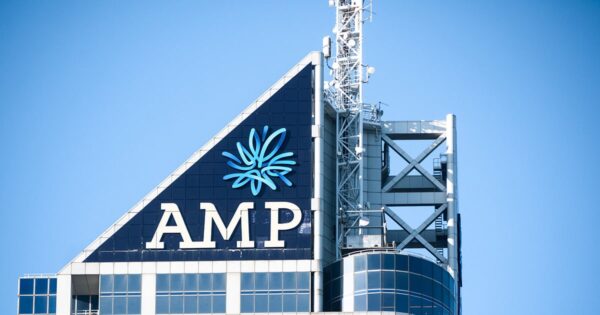Advice gives SMSFs 1.6% performance edge

Self-managed superannuation fund (SMSF) trustees who receive financial advice benefited from materially higher investment returns in 2022/23, according to new research from Adelaide’s International Centre for Financial Services (ICFS).
The research showed that the outperformance of advised SMSFs compared to non-advised funds was 7.6% versus 6.4% in the 2022/23 financial year.
The IFCS research also challenged suggestions that people are better off in larger funds, showing that, on average, SMSFs had outperformed APRA-regulated funds by 1.2% over the five years to 30 June, 2023.
“The five-year annualised rate of return (ROR) on SMSFs between 1 July 2018 and 30 July 2023 was 6.5% compared with 5.3% for APRA funds over the same period,” it said. “While the median ROR for SMSFs lagged their APRA counterparts in 2022/23 by 1.8% – 6.6% compared with 8.4% – the research shows they clearly outperformed over a longer timeframe,” the research analysis said.
Commenting on the research, SMSF Association CEO, Peter Burgess says: “The research contributes to the mounting evidence that SMSFs deliver strong investment performance over the long term.”
The SMSF Association first commissioned this research project in 2021 and the ICFS has published annual performance figures for the SMSF sector for the past four years.
The most recent research is based on data from 421,000 SMSFs (69% of all SMSFs) provided by BGL Corporate Solutions, Class and SuperMate with the ICFS project team comprising Dr George Mihaylov (lead), Dr Ivan Indriawan and Professor Ralf Zurbruegg.
Dr Mihaylov said this is the largest independent study of its kind, capturing the financial performance of almost seven out of every ten SMSFs in Australia.
“APRA funds outperformed the SMSF sector in 2022/23 continuing the interchanging pattern we’ve observed previously, where APRA funds outperform in some years while the SMSF sector outperforms in others.”
“However, when aggregated over the five years to 30 June 2023, the SMSF sector has outperformed APRA funds by approximately 1.2% on an annualised basis.”
The research said one potential factor explaining the underperformance of SMSFs in 2022/23 compared to APRA funds was the SMSF sector’s underweight position in international equities.
“This is in sharp contrast with APRA funds that have a much larger proportion of their investments diversified overseas, typically with larger weights.”
“While this home bias generally leads to sub-optimal levels of investment diversification, it can also act to dampen earnings and returns during periods where the domestic stock market underperforms international markets – precisely what happened in 2022/23 relative to some international markets,” Mihaylov said.
The research also highlights a wider spread in performance outcomes among SMSFs in 2022/23, with minimum RORs in the top quartile of SMSFs outperforming the top APRA fund quartile (11.6 per cent versus 9.3 per cent), while the bottom quartile of SMSFs underperformed, achieving maximum RORs of only 1.6 per cent versus eight per cent for the lowest APRA fund quartile.
Burgess said this is a perfect illustration of the aspirational benefits of an SMSF and the important role professional advice can play in assisting SMSF trustees to diversify their investment portfolio.
Mihaylov said the performance difference between small and large SMSFs (defined as those with net fund assets below and above $200,000) had been a constant theme since the research project began.
“This year however, we noted a very significant difference in the performance of the two cohorts with large SMSFs generating a seven per cent











Advised by Qualified Financial Advisers they will save, not Tax advisers!! Accountants probably cost Retirees 3-5% extra in accounting fees compared to your average trained adviser.
How does it compare to a standard retail or industry fund?